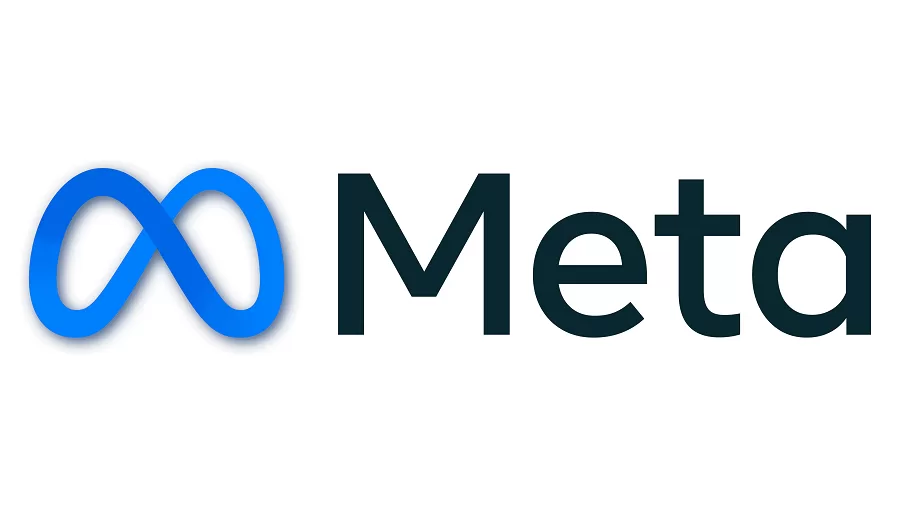Brands Social
Meta Plans to Use Facial Recognition in the Fight Against Celebrity Scam Ads

- Meta Platforms Inc. is testing facial recognition technology to combat celebrity bait scam ads on Facebook and Instagram, aiming to automate the flagging and removal process for suspected scams.
- The system will compare images in ads with public figures’ profile pictures, blocking ads confirmed as scams and enabling users to recover hacked accounts through video selfies.
- While initial testing is set to involve around 50,000 celebrities globally, privacy concerns remain, with data being encrypted and deleted after use, and the system will not be available in the U.K. or the EU.
Meta Platforms Inc., the parent company of Facebook and Instagram, has announced the launch of a new facial recognition technology to combat the ongoing issue of “celebrity bait” scam advertisements on its platforms. This endeavour comes amid growing concerns over the rise of bogus adverts featuring the likenesses of well-known public people, which frequently lead unsuspecting users into schemes that damage their personal information or finances.
A New Approach to Combating Scams
Meta is implementing an automatic facial recognition system to improve user safety and streamline the ad certification process, replacing human reviewers. According to Meta, when an advertisement is identified as suspicious, the system compares the faces in the ad to those of public figures as shown on their Facebook and Instagram pages. If a match is confirmed and the ad is identified as a scam, it will be stopped in real-time. David Agranovich, Meta’s director of global threat disruption, emphasised the system’s speed and accuracy, claiming that it is significantly more efficient than traditional manual evaluations.
The trial phase will begin in December with a select group of 50,000 celebrities and public personalities from around the world, who will be notified about their participation via in-app alerts. Importantly, students will be able to opt out of the program at any moment.
Notably, the new systems will not be available in the U.K. or the EU where data protection laws have become robust over the last few years.
Empowering Users While Protecting Privacy
Beyond ad verification, Meta’s new facial recognition technology intends to help consumers whose accounts have been hacked by criminals. Users will soon be able to restore access to their compromised accounts by uploading a video selfie that will be analysed with the same technologies. This feature is intended to streamline the identity verification process, making it faster and more accurate, similar to the security procedures employed by smartphones and other apps.
In response to previous privacy concerns, notably about the use of facial recognition technology, Meta has guaranteed customers that all facial data would be encrypted and removed immediately after usage. The corporation had previously suspended its tagging systems in 2021 owing to public concern about privacy risks. Agranovich reminded people that the new strategy is strongly focused on protecting their privacy and transparency.
Addressing the Celebrity Scam Epidemic
The necessity for such a system has become more evident as scams involving deepfake photos of celebrities such as Martin Lewis, David Koch, and Guy Sebastian have grown in popularity. These fraudulent advertisements often encourage people to provide personal information or transfer money under false pretences. Meta is under enormous pressure from authorities and politicians to solve these issues, including legal challenges from individuals such as mining billionaire Andrew Forrest, who claims that the business has done insufficient to prevent the abuse of their photographs.
Meta’s new endeavour attempts to keep one step ahead of scammers, who frequently adapt to countermeasures. Agranovich noted that, while the facial recognition tool is a vital addition to their anti-scam arsenal, it is only one component of a holistic strategy meant to protect Meta’s users across all platforms.
Looking Ahead
As the testing period proceeds, Meta intends to apply its facial recognition technology to more popular figures and improve the overall effectiveness of its scam detection systems. The company thinks that by using automated techniques, it would be able to limit the quantity of fake adverts while simultaneously empowering customers to more effectively regain their accounts.
To summarise, Meta’s use of facial recognition technology is a huge step towards preventing the growing number of celebrity bait scams. As the company implements these steps, it remains committed to user safety and privacy, ensuring that the data collected for this effort is handled appropriately and ethically.























































